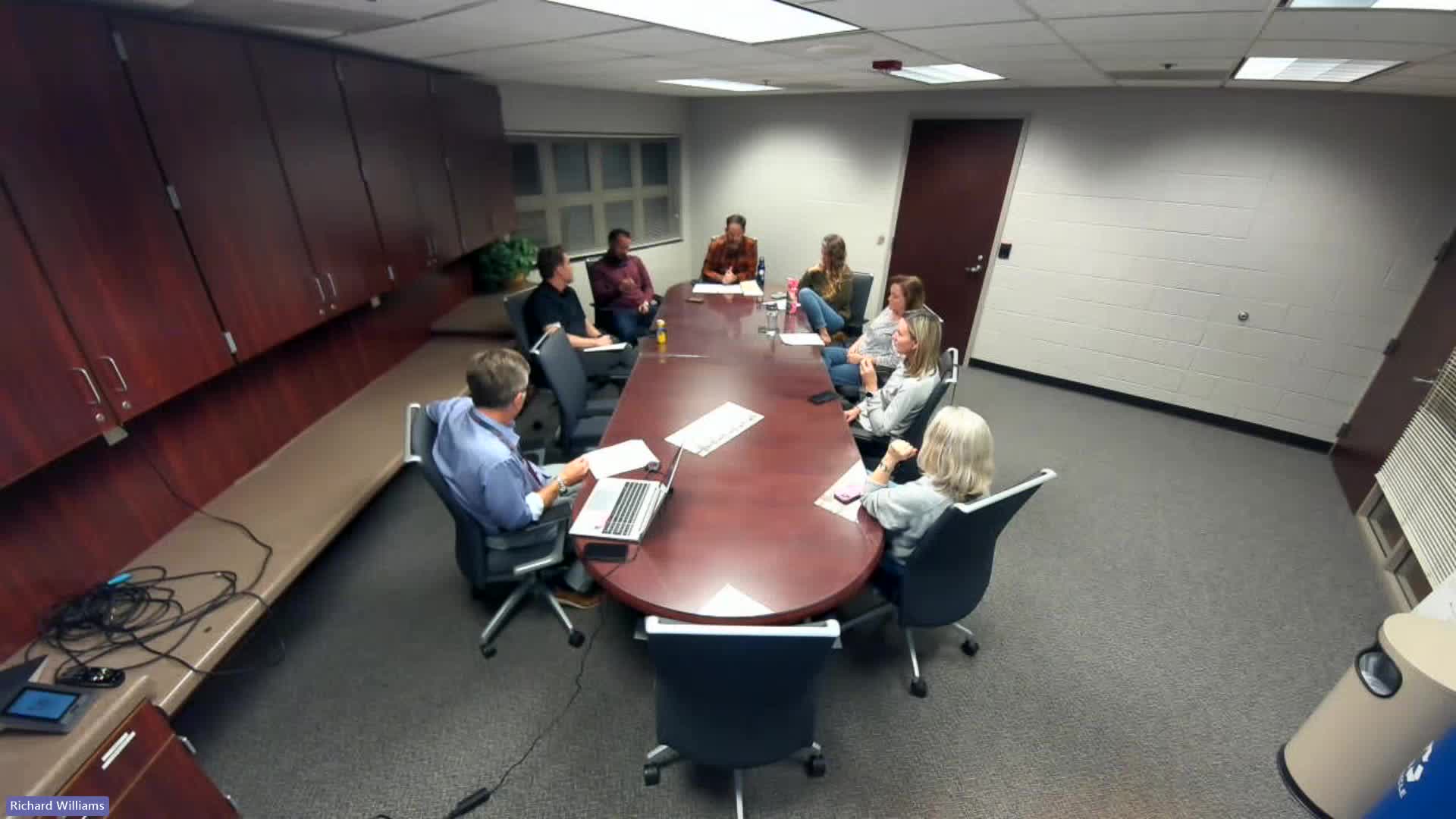Environmental advisory commissioners pitch temporary bottle-filling stations for Flower & Garden show
Get AI-powered insights, summaries, and transcripts
Subscribe
Summary
The Environmental Advisory Commission asked the Parks & Recreation Commission to consider bringing rental bottle-filling stations to the Flower & Garden show, outlining costs, logistics and sponsorship options and asking staff to study feasibility.
The Environmental Advisory Commission asked the Leesburg Parks and Recreation Commission to consider bringing temporary bottle-filling stations to the town’s Flower & Garden show and other downtown events, citing waste reduction and visitor convenience.
Anna Burke, a member of the Environmental Advisory Commission, told commissioners that vendors can supply one station for $4,000 or two stations for $5,000 and that suppliers would deliver, set up and remove units. "One station for $4,000, and two for $5,000," Burke said, summarizing the proposals the commission researched.
The EAC presenters, including Sherry Jones, described two vendor models the group favored: a single, staffed unit that connects to municipal water and electricity and a larger two-unit option that vendors require as a minimum. Jones said some models include chillers; others require adding ice. She also noted an alternative, lower-cost marathon-style hydration tanks, but said those would require local storage and sanitation if the town kept them between events.
Parks staff said sponsorship is the most likely funding route but warned that the town treats sponsorships as revenue rather than a direct offset to operating expenditures. A Parks and Recreation staff member told commissioners, "Sponsorship money comes in and that's treated as revenue. It's completely separate from our expenditure," and said that without a preapproved budget line the department cannot simply spend sponsorship revenue to cover rental costs for the current year’s event.
Presenters and commissioners discussed other options: seeking a grant, placing a rented unit in a vendor sponsor’s tent (at the sponsor’s expense), using a temporary "water buffalo" tank on a trailer, reverting to older hydrant-mount bottle-fillers when available, or installing permanent bottle-fill stations downtown. Several speakers noted technical needs: each rental unit requires a potable municipal water hookup and electrical power, and some units have minimum order quantities.
Commissioners asked staff to study feasibility and logistics. The commission asked Town staff to review utility and electrical requirements, space and vendor-sponsor arrangements and likely costs, and to report options within roughly 30 days. "I'll ask John to take a look at what's out there—what's the logistical utility needs for it," a Parks staff member said during the discussion.
Next steps discussed included: EAC outreach to potential sponsors under the town’s sponsorship tiers, exploring grant funding, and, if feasible, submitting a budget enhancement for the next fiscal year so a unit could be purchased or a rental included in an approved expenditure line. Presenters asked to remain included in email discussions if the commission continues exploring the idea.
The commissioners did not take a formal roll-call vote on procurement; they directed staff to investigate feasibility and report back so council or commission action could follow if staff finds a viable funding and logistics approach.
